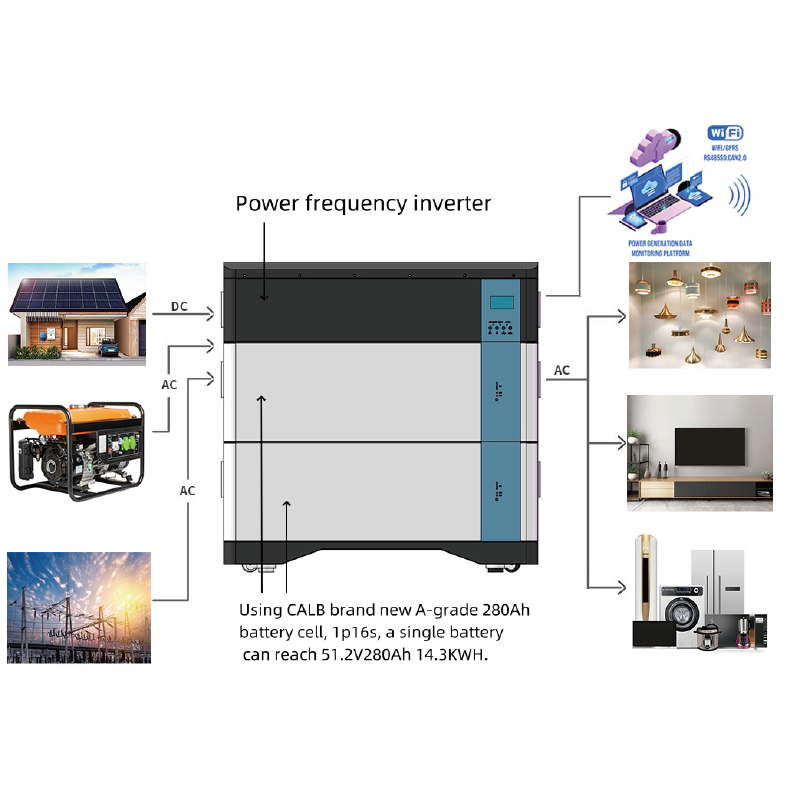As the chill of winter approaches, many homeowners find themselves searching for effective heating solutions to keep their spaces warm and comfortable. Among the various options available, electric heaters have gained popularity due to their convenience, efficiency, and ease of use. However, with a plethora of models on the market, a common question arises: Are any electric heaters better than others? This article delves into the intricacies of electric heaters, exploring their types, features, and factors that determine their effectiveness, ultimately guiding you toward making an informed decision.
Understanding Electric Heaters: Types and Technologies
Electric heaters come in several types, each designed to cater to specific heating needs. The primary categories include:
- Convection Heaters: These heaters work by warming the air in a room. They are ideal for maintaining a consistent temperature in larger spaces. Convection heaters can be further divided into:
- Radiant Heaters: These emit infrared radiation to directly heat objects and people in their path. They are effective for spot heating and are often used in smaller areas.
- Fan Heaters: Equipped with a fan, these heaters circulate warm air throughout the room quickly. They are suitable for rapid heating but may not be as energy-efficient for prolonged use.
- Infrared Heaters: Utilizing infrared technology, these heaters provide direct warmth to objects and individuals rather than heating the air. They are energy-efficient and ideal for outdoor spaces or large rooms with high ceilings.
- Oil-Filled Radiators: These heaters contain oil that is heated and then radiates warmth into the surrounding area. They are known for their ability to retain heat for extended periods, making them suitable for long-term use.
- Baseboard Heaters: Installed along the base of walls, these heaters provide a steady and even heat distribution. They are often used in conjunction with a thermostat for optimal temperature control.
Key Features to Consider
When evaluating electric heaters, several features can significantly impact their performance and efficiency:
- Energy Efficiency: Look for models with high energy efficiency ratings. Heaters with programmable thermostats and timers can help reduce energy consumption by allowing you to set specific heating schedules.
- Safety Features: Safety should be a top priority. Choose heaters with automatic shut-off mechanisms, tip-over protection, and cool-touch exteriors to minimize the risk of accidents.
- Noise Level: Some heaters, particularly fan models, can be noisy. If you require a quiet environment, consider radiant or oil-filled heaters, which operate silently.
- Portability: If you plan to move your heater between rooms, opt for lightweight models with built-in handles or wheels for easy transport.
Performance Metrics: What Makes One Heater Better?
Not all electric heaters are created equal. To determine which models stand out, consider the following performance metrics:
- Heating Capacity: Measured in watts, the heating capacity of an electric heater determines how quickly and effectively it can warm a space. For optimal performance, choose a heater with a wattage suitable for the size of the room.
- Heating Time: Some heaters provide instant warmth, while others take longer to reach the desired temperature. If you need immediate heat, radiant or fan heaters may be preferable.
- Cost of Operation: Evaluate the long-term operational costs, including energy consumption and maintenance. Energy-efficient models may have a higher upfront cost but can save you money in the long run.
- User Reviews and Ratings: Research customer feedback and expert reviews to gauge the reliability and performance of specific models. Look for heaters with consistent positive feedback regarding their effectiveness and durability.
Conclusion: Making an Informed Choice
In conclusion, while the question Are any electric heaters better than others? does not have a one-size-fits-all answer, understanding the various types, features, and performance metrics can help you make an informed decision. By considering your specific heating needs, space requirements, and budget, you can select an electric heater that not only meets your expectations but also enhances your comfort during the colder months.




